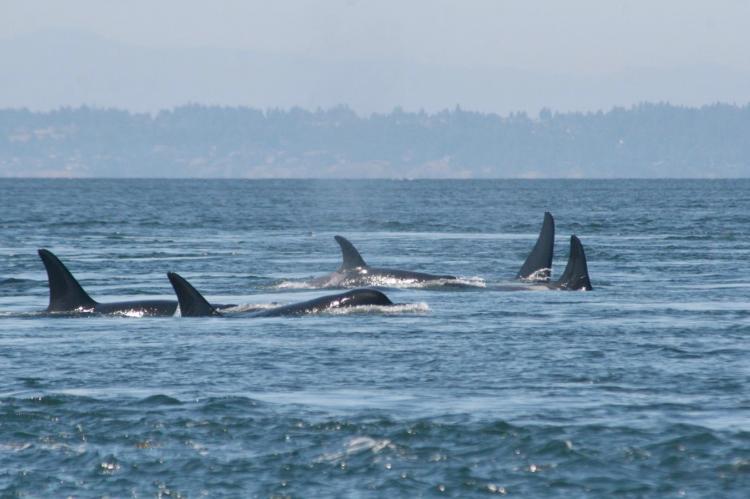High pregnancy failure in southern resident killer whales due to nutritional reasons
A study has shown that the high failure rate in the pregnancy of southern resident killer whales is linked to their diet.
From 2007 to 2014, 35 pregnancies were detected among the endangered southern resident killer whales in the inshore waters of Washington State and British Columbia. Eleven of these were successful and resulted in the birth of a calf. The other 24 pregnancies – 69 percent – were unsuccessful, as no live calf were seen.
A study, published in PLOS ONE on June 29th, focused on the factors responsible for the failed pregnancies. It was conducted by researchers from the Center for Conservation Biology at the University of Washington, along with partners at the NOAA's Northwest Fisheries Science Center and the Center for Whale Research.
Their findings?
“Based on our analysis of whale health and pregnancy over this seven-year period, we believe that a low abundance of salmon is the primary factor for low reproductive success among southern resident killer whales,” said lead author Sam Wasser, a UW professor of biology and director of the Center for Conservation Biology.
He added that when there was low salmon abundance, they detected hormonal signs that indicated the advent of nutritional stress and a higher rate of pregnancy failure–a trend that has become increasingly common in recent years.
More than 95 percent of the diet of southern resident killer whales consists of salmon, with the Chinook salmon making up about 75 percent of their diet.


